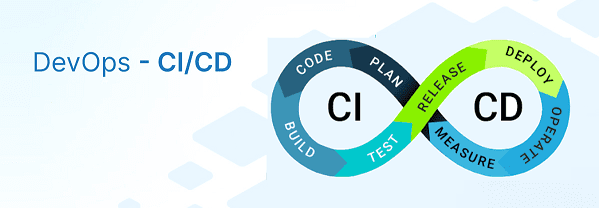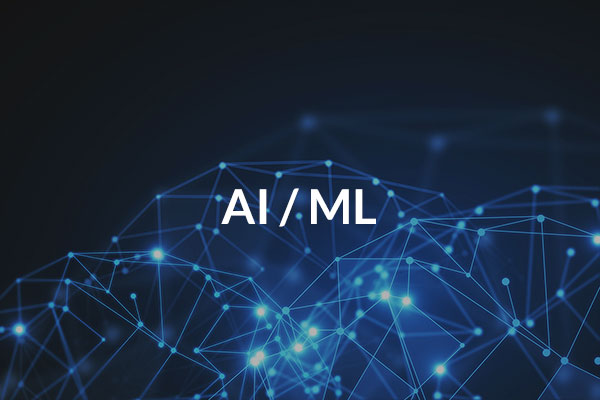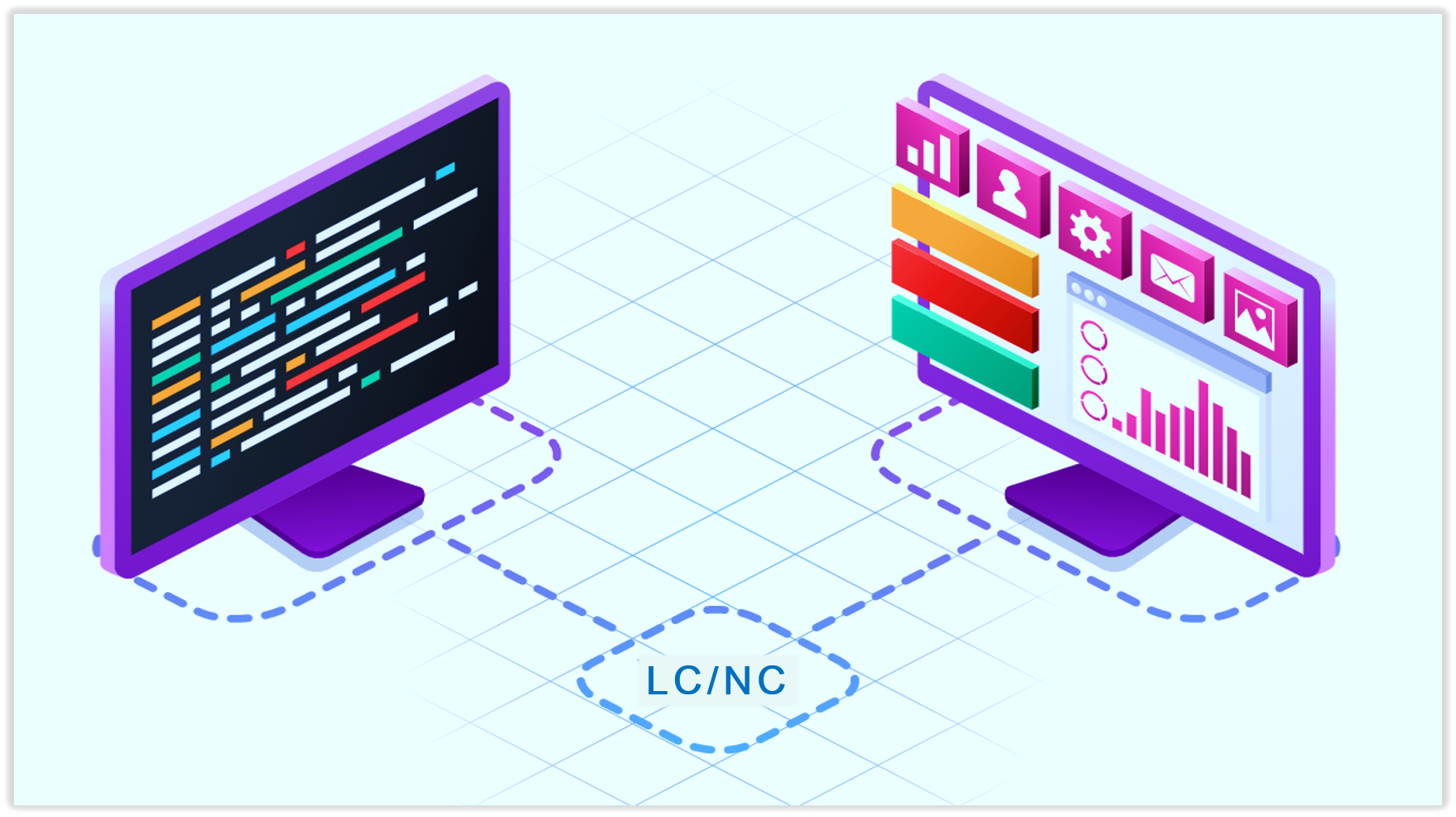Digital Transformation And Software Development Trends
In the rapidly evolving landscape of technology, businesses are continuously seeking ways to stay competitive and relevant. Digital transformation has become the cornerstone of this evolution, reshaping industries and revolutionizing the way organizations operate. At the heart of this transformation lies software development, the driving force behind the implementation of innovative solutions.
Digital transformation and software development
Cloud-native development
One of the most significant shifts in software development is the move towards cloud-native architecture. Cloud computing allows organizations to leverage scalable and flexible resources, reducing infrastructure costs and increasing agility. Cloud-native development involves building applications designed to run in the cloud from the start, utilizing microservices, containerization, and orchestration tools like Kubernetes.

DevOps and CI/CD
DevOps practices have become integral to modern software development, fostering collaboration between development and operations teams. The integration of development and operations streamlines the software delivery process, allowing for faster and more reliable releases. CI/CD pipelines automate testing, integration, and deployment, ensuring a continuous and efficient delivery pipeline.

AI and ML
These technologies empower businesses to extract valuable insights from vast amounts of data, automate processes, and enhance user experiences. In software development, AI and ML are utilized for predictive analytics, natural language processing, and recommendation systems. Integrating these capabilities into applications allows businesses to make data-driven decisions and create more personalized and intelligent software solutions.

Low-code/no-code development
These platforms enable users with varying levels of technical expertise to build applications with minimal coding effort. This democratization of development accelerates the delivery of software solutions, allowing business users to actively participate in the creation process. Low-code/no-code development is particularly beneficial for organizations facing skill shortages and looking to rapidly prototype and deploy applications.

Cybersecurity integration
As digital transformation progresses, the importance of cybersecurity cannot be overstated. With the increasing number of cyber threats, integrating robust security measures into the software development lifecycle is crucial. DevSecOps, the integration of security into the DevOps pipeline, has emerged as a key approach to ensure that security is not an afterthought but an integral part of the development process.

Edge computing
While cloud computing remains central to digital transformation, edge computing is gaining traction as a complementary paradigm. Edge computing involves processing data closer to the source, reducing latency and enabling real-time processing for applications such as Internet of Things devices. Software development for edge computing requires a shift in architecture and considerations for resource-constrained environments.
Blockchain technology
Blockchain, the decentralized and secure ledger technology, continues to impact various industries. In software development, blockchain is leveraged for creating secure and transparent systems for transactions, record-keeping, and smart contracts. As organizations seek trust and transparency in their digital interactions, blockchain is becoming an essential consideration in software architecture.

Conclusion
As technology continues to evolve, staying informed and adaptable is key to harnessing the full potential of digital transformation and ensuring a successful future for businesses.







